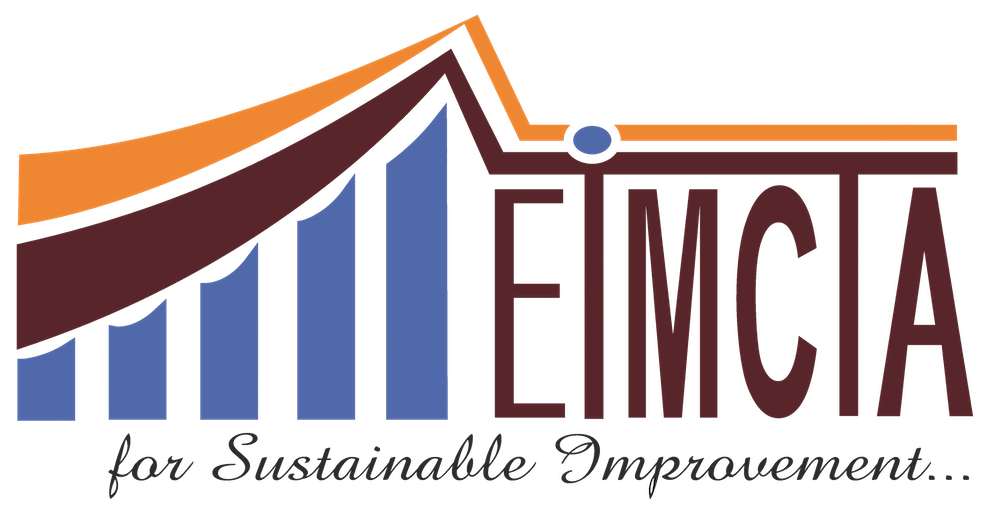
ISO 41001:2018 Facility Management - Management Systems
ISO 41001:2018 is the first international standard dedicated specifically to facility management (FM). This standard provides organizations with a structured framework for establishing, implementing, maintaining, and continuously improving a management system for facility management. This article explores the key aspects of ISO 41001:2018, how it works, and the benefits it brings to organizations.
About The Standard
ISO 41001:2018 is designed to help organizations effectively manage their facilities, ensuring alignment with the strategic objectives of the business. The standard offers a structured approach to managing facility-related activities, improving efficiency, and ensuring a safe and productive environment.
Key Areas Covered by ISO 41001
- Scope of Facility Management: ISO 41001 outlines the scope of facility management, emphasizing its importance in supporting an organizations core business activities. It helps organizations understand the impact facility management has on overall operations and performance.
- Management System Requirements: Similar to other ISO standards, ISO 41001 follows the Plan-Do-Check-Act (PDCA) cycle. This includes requirements for leadership, planning, operational support, performance evaluation, and improvement. It ensures that facility management is an ongoing process that evolves with business needs.
- Integration with Business Strategy: One of the key objectives of ISO 41001 is to align facility management strategies with the broader strategic objectives of the organization. This helps ensure that facility management supports long-term business success.
- Risk Management: The standard emphasizes the importance of identifying, assessing, and managing risks associated with facility management activities. This helps organizations prevent disruptions and ensures business continuity.
- Service Delivery and Performance Measurement: ISO 41001 provides criteria for efficient and effective service delivery. It promotes the measurement and evaluation of facility management performance, ensuring that improvements are continuously made to meet business objectives.
- Resource Management: The standard covers the optimal allocation of human and financial resources to ensure efficient facility management. This includes managing assets, reducing waste, and improving cost-effectiveness.
- Benefits
- Improved Efficiency: ISO 41001 helps organizations streamline their facility management processes, leading to greater efficiency in daily operations. By following the standard, businesses can reduce downtime, optimize resource use, and improve overall productivity.
- Systematic Approach to Facility Management: The structured approach outlined in ISO 41001 ensures that organizations manage their facilities in a way that is aligned with their strategic goals. This systematic approach improves communication, collaboration, and coordination between facility management teams and other departments.
- Cost-Effectiveness: By optimizing resource allocation and reducing waste, ISO 41001 enables organizations to achieve cost savings. The standard encourages businesses to adopt sustainable practices that reduce operational expenses while maintaining a high level of service quality.
- Compliance with Regulations: ISO 41001 helps organizations stay compliant with local, national, and international regulations related to facility management. This reduces the risk of non-compliance and ensures that businesses meet industry standards and legal requirements.
- Continuous Improvement: The PDCA cycle ensures that facility management activities are regularly reviewed and improved. By focusing on continuous improvement, businesses can adapt to changes in the market, industry, or their own operations.
- Increased Stakeholder Confidence: Implementing ISO 41001 demonstrates a commitment to effective facility management, improving stakeholder confidence. This can lead to enhanced relationships with clients, partners, and regulators, as well as a stronger organizational reputation.
Who Can Apply?
Organizations of any size or type that manage facilities can apply for ISO 41001:2018 certification. This includes:
- Corporations and businesses managing commercial spaces
- Educational institutions maintaining campuses
- Healthcare facilities managing hospitals and clinics
- Government agencies responsible for public infrastructure
- Non-profit organizations managing community resources
How Can You Apply?
- Gap Analysis: Conduct a gap analysis to assess your current facility management practices against the requirements of ISO 41001. This will help identify areas where improvements are needed.
- Develop a Facility Management System: Create a Facility Management System (FMS) that meets the requirements of ISO 41001. This includes setting objectives, defining processes, and establishing performance metrics for facility management activities.
- Employee Training: Train staff members on the new facility management procedures and their roles in maintaining the system. Employee engagement is essential for the successful implementation of ISO 41001.
- Internal Audits: Regularly conduct internal audits to ensure compliance with ISO 41001 and identify areas for improvement.
- External Audit and Certification: Schedule an external audit with a recognized certification body. Once your FMS is found to be in compliance with ISO 41001, you will receive certification.
Conclusion
Achieving ISO 41001:2018 certification helps organizations improve their facility management operations, increase efficiency, and align with business strategies. By adopting this international standard, businesses can enhance their service delivery, manage resources effectively, and demonstrate their commitment to sustainability.
Work with Everest Consultrain for expert support throughout the certification process and elevate your facility management practices to international standards.
YouTube Video
For a comprehensive overview of ISO 41001:2018 and its benefits, check out this informative video:
